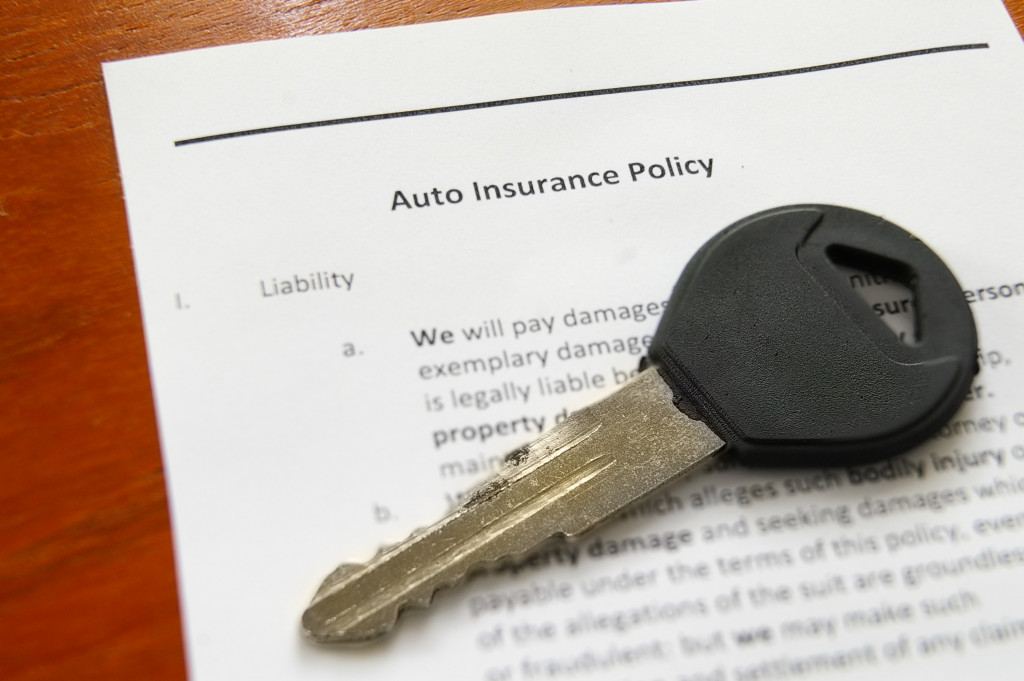If it is your first time buying a car, you must know that it is illegal to drive the car home or anywhere else without insurance in most states. You must have insurance based on the minimum that your state requires.
It is also necessary to get comprehensive and collision insurance, as a good vehicular crash attorney will advise you. If you are getting a car loan, the lender will likewise require this.
Furthermore, it is in your best interest to get gap insurance and new car replacement insurance. Gap insurance will cover the remainder of your car loan if your car gets in a crash. New car replacement insurance will enable you to buy a new car.
When to Buy Auto Insurance
It is best to buy insurance before buying a car because you can then scout around for various insurance rates for various car models. If you want to save on insurance costs, you can choose the car make with the lowest insurance rates.
Brand-new models are more expensive to insure than older models. However, if the brand-new model has safety features that make it safer to drive, such as anti-lock brakes, advanced collision detection, a blind spot warning, backup cameras, and lane assistance, these can substantially lower the insurance rate. By shopping around, you also get to choose the lowest insurance rates among insurance companies for the same car model.
If you do not have insurance when you buy a new car, and you do not want a rushed decision, you can get a temporary seven-day or 30-day policy in certain states. This will cover you while you decide on a long-term insurance policy. These are expensive, though.
If you are buying a replacement vehicle and you still have current auto insurance for your old vehicle, you can add the new car to that policy for a short period. Make sure you know the grace period to add the new car because this can range from less than a week to 30 days, depending on the insurance company.
Auto Insurance Rates by State

Across the country, the annual rate of vehicle insurance decreased for the first time in more than ten years in 2021, falling by 1.7 percent from the previous year. The rate is still 106 percent higher than the 2011 rate, though.
Vehicle insurance rates vary by state, too. The rate in Utah is closest to the national average by one percent at $1,656 a year. Auto insurance is most expensive in Michigan at $7,406 a year, 353 percent more than the national average. This is followed by Florida at $2,795 a year or 71 percent higher than the national average, and Rhode Island at $2,482 a year or 52 percent more than the national average.
Auto insurance is lowest in Maine at $865 a year, 47 percent less than the national average. This is followed by North Carolina at $976 a year or 40 percent less than the national average and Indiana at $987.
How to Get a Lower Rate
The first time you get auto insurance, your best move to save money will be to compare rates from as many insurance companies as you can because their rates can vary by as much as 242 percent. You must also have a high credit score because this can lower your premiums by as much as 70 percent.
You must also weigh what you can afford in terms of monthly premiums. If full coverage is unaffordable, you will have to choose minimum coverage, costing as much as 155 percent less.
Also, according to ValuePenguin, auto insurers give financial assistance for monthly premiums during the pandemic, but you must request this. Because few people know about this, only 31 percent have made the request. Among them, 80 percent succeeded in getting a discount, a refund on their paid premiums, extension for payment, or waived late payment fees.
For succeeding years on your auto insurance, your driving behavior will significantly determine changes in the amounts of your premiums. In 2021, a violation for driving under the influence (DUI) of liquor or illegal substances will increase subsequent premiums by an average of 157 percent. Other traffic violations will result in a subsequent premium increase of 117 percent on average. Minor traffic violations, like not obeying traffic signs, will result in an average increase of 28 percent in premiums.
Vehicles are currently costly, and insurance costs add to the expense. Any way you can save money on insurance premiums will benefit your pocketbook. Remember, however, that insurance also saves you money in case of accidents. The best option is to get the highest coverage you can afford from the insurance company with the lowest rates.

